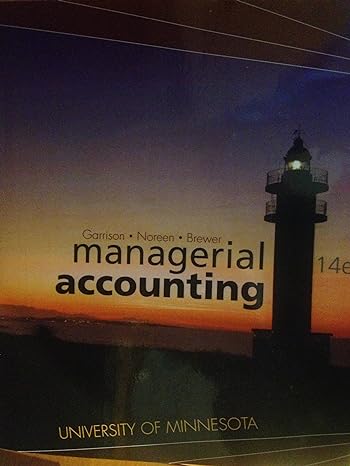Question
As a promotional gimmick, a supermarket offers $50 to any of its next 1,000 customers who do not find an available teller when they are
As a promotional gimmick, a supermarket offers $50 to any of its next 1,000 customers who do not find an available teller when they are ready to check out. It is assumedthat customers check out according to a Poisson process of rate = 3 customers/min, they form a single queue, and that all tellers provide service to customers according to a common exponential distribution with parameter = 2 customers/min. The supermarket manager must decide how many tellers to use during the promotional period so as not to exceed his budget of $1,000 for this promotion. Being totally ignorant of queueing theory, he has just picked a number out of a hat: 4 tellers. (a) What would your recommendation be to the manager (does he need more tellers and if so how many, or is he using too many tellers)? (b) Suppose that the manager also insists that the chances of all the tellers he uses being idle be kept below 5%. Can this criterion be met with the number of tellers you recommended in part (a)?
Step by Step Solution
There are 3 Steps involved in it
Step: 1

Get Instant Access to Expert-Tailored Solutions
See step-by-step solutions with expert insights and AI powered tools for academic success
Step: 2

Step: 3

Ace Your Homework with AI
Get the answers you need in no time with our AI-driven, step-by-step assistance
Get Started


